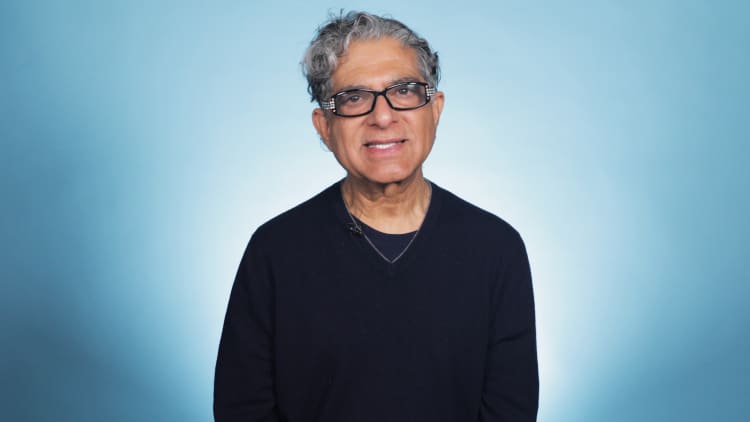[ad_1]
Living a longer life has been linked to many behaviors like healthy eating and regular exercise, but can a person’s personality also play a role?
“Ikigai: The Japanese Secret to a Long and Happy Life,” one of the most popular books about longevity, highlights the practices of “blue zones,” areas with some of the longest-lived people in the world, including Japan.
The book, written by Héctor García and Francesc Miralles, discusses how the things that factor into a long and healthy life aren’t limited to what you do physically.
Most centenarians, people at or near the age of 100, have similar personality traits that may have helped increase their lifespan, according to a 2012 study cited in the book.
The research was conducted at Yeshiva University and analyzed the characteristics of nearly 250 centenarians, based on self-reports and other peoples’ accounts of them.
These are the two traits that people who live the longest seem to have in common:
1. A positive attitude
Most centenarians in the longevity study had positive attitudes, Dr. Nil Barzilai, one of the study’s co-authors, told ABC News. They could typically be referred to by others as:
- Optimistic
- Easygoing
- Extroverted
Not only that, but these 100-year-olds “consider laughter as an important part of their life,” the study states. Larry Janisse, 98, always finds time to crack a joke and credits it for his longevity: “You kind of have to laugh in your life,” he told CNBC Make It.
2. A high degree of emotional awareness
Being emotionally aware is also a commonality among centenarians, according to the study. This means they don’t bottle up their emotions, and make an effort to communicate how they feel to those around them.
“In other words, those who face challenges with a positive outlook and are able to manage their emotions are already well on their way toward longevity,” wrote García and Miralles.
Though these two traits seem to stand out the most as a theme among centenarians, more research is required to determine if they actually contribute to people’s longevity, Barzilai told ABC News.
“We still need to find out what the cause-and-effect relationship is,” he said. “We don’t know if we can change longevity by having a positive attitude, or if achieving longevity causes a positive attitude.”
DON’T MISS: Want to be smarter and more successful with your money, work & life? Sign up for our new newsletter!
Get CNBC’s free report, 11 Ways to Tell if We’re in a Recession, where Kelly Evans reviews the top indicators that a recession is coming or has already begun.

[ad_2]

